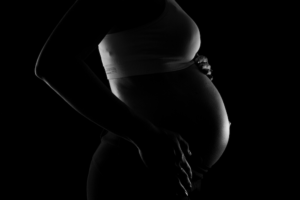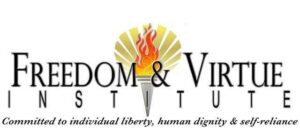Fear of death is one of the primal forces that drives human action. It is universal and potent. Scripture confronts it and recognizes it. “My heart is in anguish within me, the terrors of death have fallen upon me” (Ps. 55:4). This fear is a natural, healthy, psychological mechanism, which helps us to avoid danger and reckless endeavor. It keeps us alive.
But, taken to an extreme, it can be harmful. It can lead us not merely to take reasonable measures to avoid serious threats but also to avoid activities and situations that enable genuine human flourishing. To live is to risk—even to risk death—and with no risk there is no life.
This is literally true, as every human pregnancy—the means by which new life comes into the world—carries with it risk. This risk has been minimized by advances in hygiene, prenatal care, and medical knowledge and technology, but it has not and never will be entirely eliminated. To give birth is to risk one’s own life. This makes every mother a hero, but it is a heroism that is accessible to many. Bearing a child is widely recognized as a reasonable risk, one taken on in the belief that the payoff is worthwhile, despite the fact that the outcome in some cases will be painful or even tragic.
 As with pregnancy, so with societies in general. As civilization advances, risk is minimized. Even in the economic sphere, the emergence of insurance and other financial instruments has dissipated risk to a remarkable extent. Widespread wealth insulates individuals from destitution and, through charitable organizations and government institutions, insulates wider communities. In some places, the United States included, these layers of protection are so robust that the prospect of actually dying from starvation or exposure has been virtually eliminated from entire cultures. The fear of death, it would seem, recedes.
As with pregnancy, so with societies in general. As civilization advances, risk is minimized. Even in the economic sphere, the emergence of insurance and other financial instruments has dissipated risk to a remarkable extent. Widespread wealth insulates individuals from destitution and, through charitable organizations and government institutions, insulates wider communities. In some places, the United States included, these layers of protection are so robust that the prospect of actually dying from starvation or exposure has been virtually eliminated from entire cultures. The fear of death, it would seem, recedes.
Yet it remains. In the face of medical advances that have eradicated deadly diseases, new contagions rear up. In the face of safety advances making travel ever less risky, automobile and aviation accidents nonetheless continue to bring lives to an untimely end. Natural disasters continue to elude human control and strike with stunning suddenness and ferocity. To live is to encounter risk. It is an inescapable part of human experience.
Recognizing risk and integrating it into life is one facet of the maturation process. A reckless disregard for danger is not healthy, nor is a desperate obsession with avoiding it. Prudent people of different backgrounds and personalities will display different levels of risk tolerance, but all responsible, reasonable adults find a happy medium, which permits them to pursue the good in responsible, reasonable ways.
The idea that risk can be eliminated entirely is utopian, and therefore is itself a dangerous delusion. Government, the medical profession, central banks, the church—none of them is going to make all dangers and difficulties disappear so that our lives can be free of risk. God could do it, but he won’t (a theological explanation for another day). We’re stuck with it.
And that’s not altogether a bad thing. Confronting and managing risk is one of the things that infuses life with meaning and drama. Thus a paradox: an inordinate preoccupation with evading death saps the life from human existence, so that avoidance of dying becomes itself a kind of death.
As J. R. R. Tolkien wrote through the words of one of his characters, “It’s a dangerous business … going out your door. You step onto the road, and if you don’t keep your feet, there’s no knowing where you might be swept off to.” It is dangerous to step out our doors, to travel to other places, to encounter other human beings. But it is also what makes life worth living.


